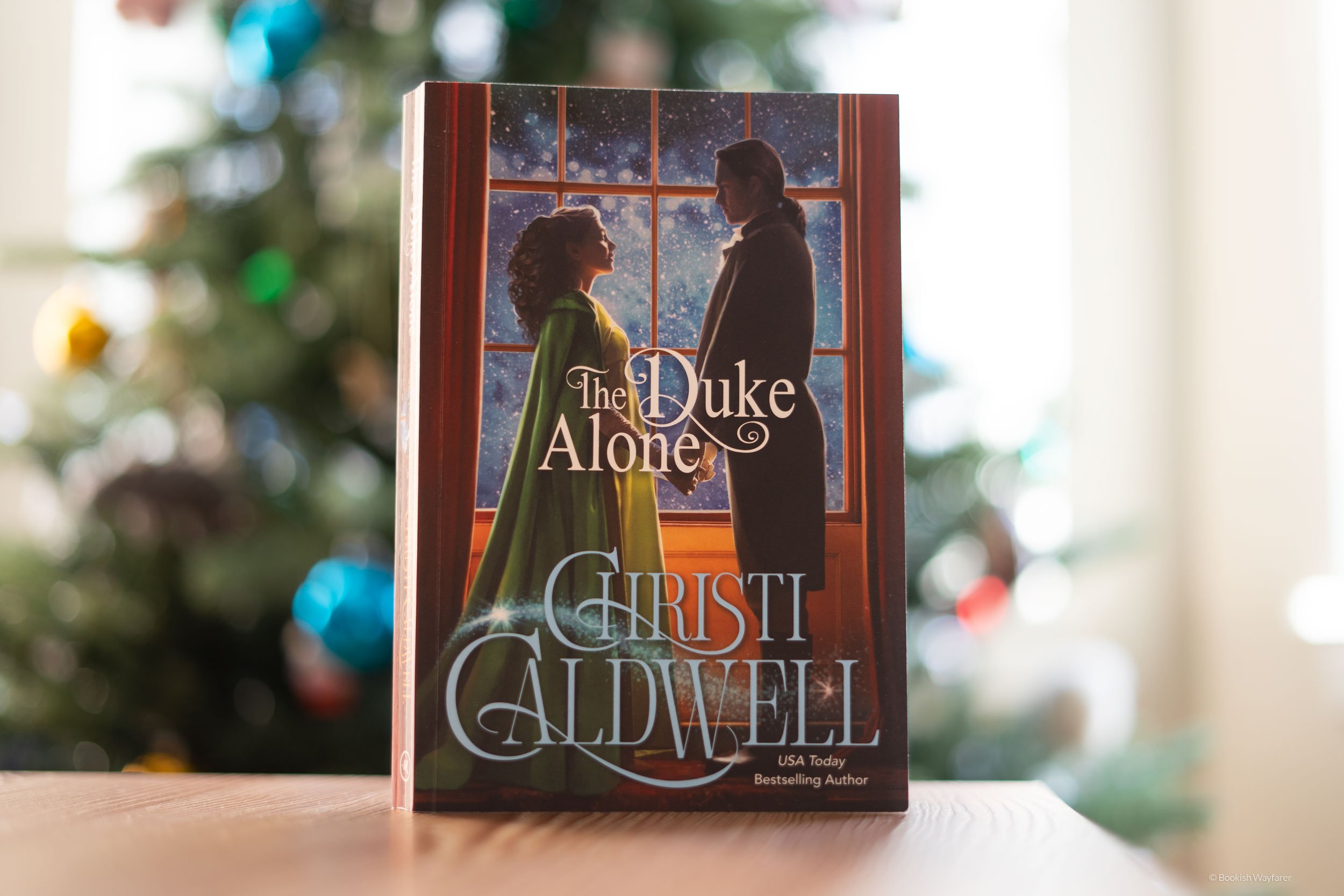Review: Longbourn by Jo Baker
Some links in this post are affiliate links, meaning I will earn a commission (at no extra cost to you) if you click through and make a purchase. For more info, please see my disclaimer.
The Basics
Title: Longbourn
Author: Jo Baker
Published: 2014
Publisher: Vintage Books — Random House
Pages: 331
Format: Paperback
Genres: Fiction — Historical fiction, Regency fiction, Romance, Historical romance, Regency romance
Book Synopsis
In Jane Austen’s Pride and Prejudice, the Bennet family’s servants exist at the periphery, mentioned only a handful of times throughout the course of the book. In Longbourn, the servants take center stage, and the Bennet family sidles into the background. The book draws back the curtain and reveals the daily lives of the servants, with a particular focus on the housemaid, Sarah.
My Review & Overall Thoughts
Longbourn is an imaginative, captivating read. It hooks you from the very first page and retains your interest until the final word (trust me, I stayed up until 2 AM to finish it).
What I enjoyed most about this book was the ability to see the protagonists of Pride and Prejudice from the perspective of the Bennets’ servants. It was fascinating to see the ways in which the servants’ opinions of characters differed from how they were portrayed in Pride and Prejudice. For instance, Mr. Collins is cast in a more sympathetic light, with Sarah, the housemaid and story’s heroine, noting that his lack of etiquette is due to his upbringing and that the Bennet family should be correcting rather than laughing at his social faux pas. Conversely, Mr. Bennet is portrayed less favorably in Longbourn; he is revealed to be at times uncaring and vindictive. Wickham is shown to be even more despicable.
Longbourn provides these additional insights, all while feeling true to Austen’s original story. The characters might be more fleshed out, but they still feel and sound like they did in Pride and Prejudice. Antiquated terms are used by the characters to make their dialogue feel as though it were penned by Jane Austen herself. Further, all of the events in Longbourn occur within the context of events described in Pride and Prejudice. A dinner in Longbourn, for example, corresponds to a dinner in Pride and Prejudice. Even the book itself is organized in a manner consistent with Pride and Prejudice: it is divided into three volumes.
Another laudable aspect of Longbourn is its characters, particularly Sarah and Mrs. Hill. These two characters are both strong female leads, something which Miss. Austen would thoroughly have approved of. They are also relatable, and you learn just enough about their backstories that they come to feel lifelike.
In terms of the plot, it is interesting enough to hold your attention. The romance subplot involving Sarah has just the right amount of twists and turns to keep you wondering who she will end up with. The manner in which the story is narrated, namely via an omniscient narrator, further adds to the book’s enjoyment. As the reader, we are able to gain insight into the various characters’ thoughts and emotions, which makes the characters and their stories come alive.
The not so good
The last volume felt rather rushed. Events unfolded quickly, and the chapters became shorter in length. The chapters devoted to James’ backstory, on the other hand, felt unnecessarily long and overly detailed.
Overall
Longbourn was a very enjoyable read. If you, like me, count Pride and Prejudice among your favorite books, then you owe it to yourself to pick up this book. It is a wonderful companion to Pride and Prejudice: it respects Austen’s story while simultaneously expanding upon and enriching it.
Have you read Longbourn? If so, what did you think? If not, let me know what book you’re currently reading!
-Julia
P.S. If you enjoyed this post, please consider supporting me on Buy Me a Coffee.





